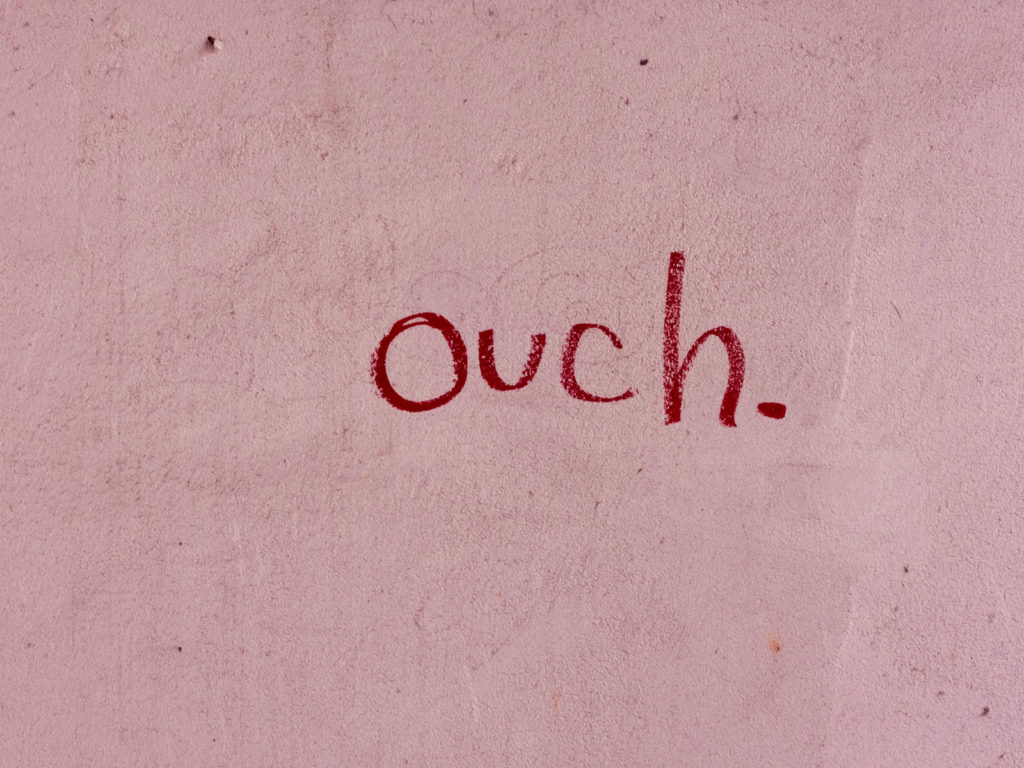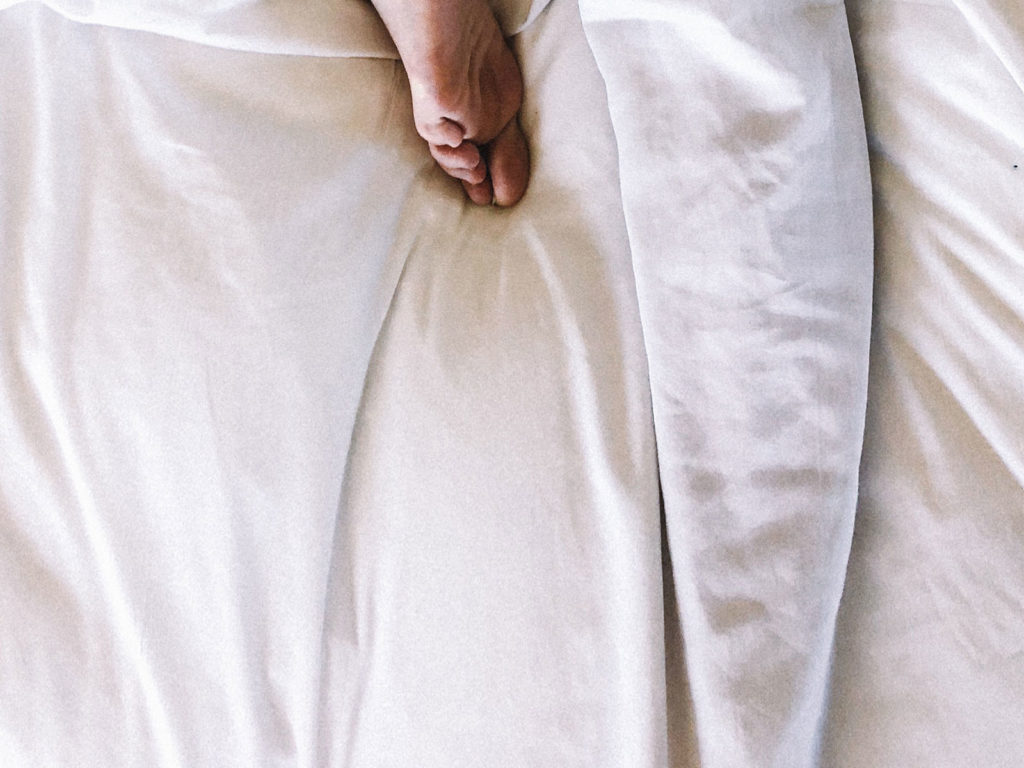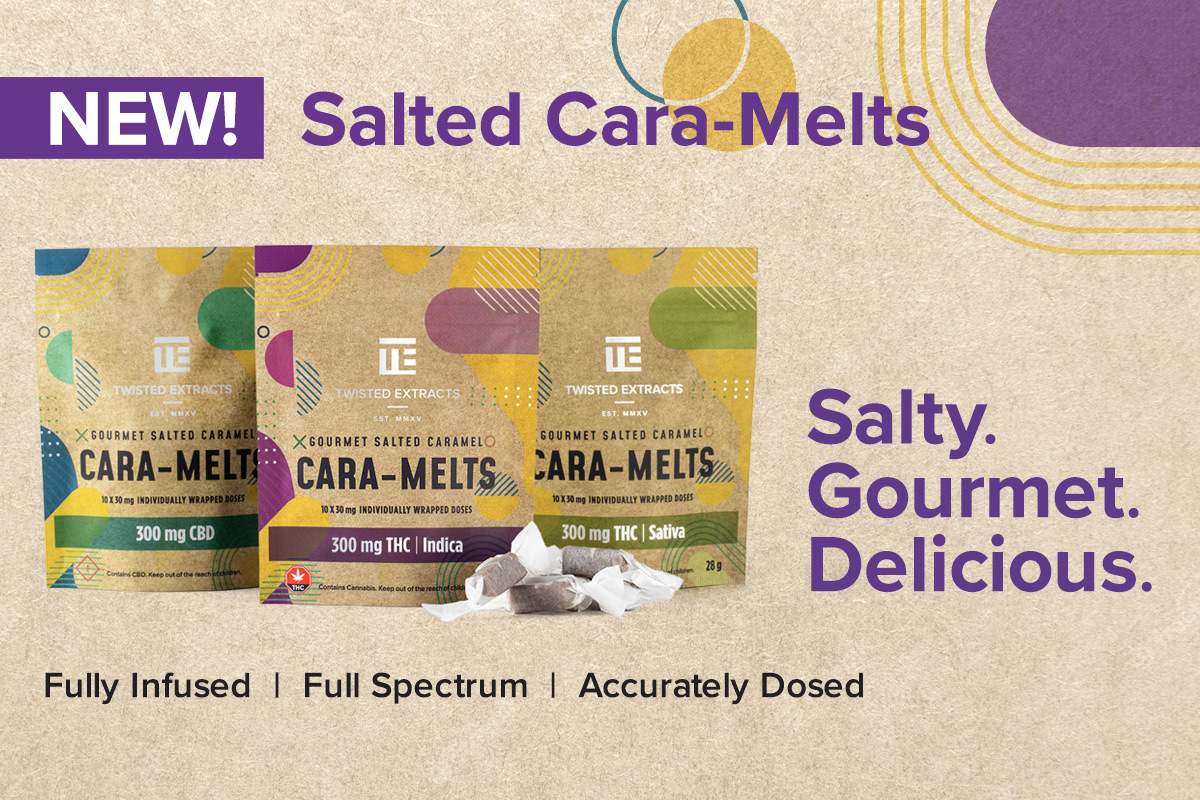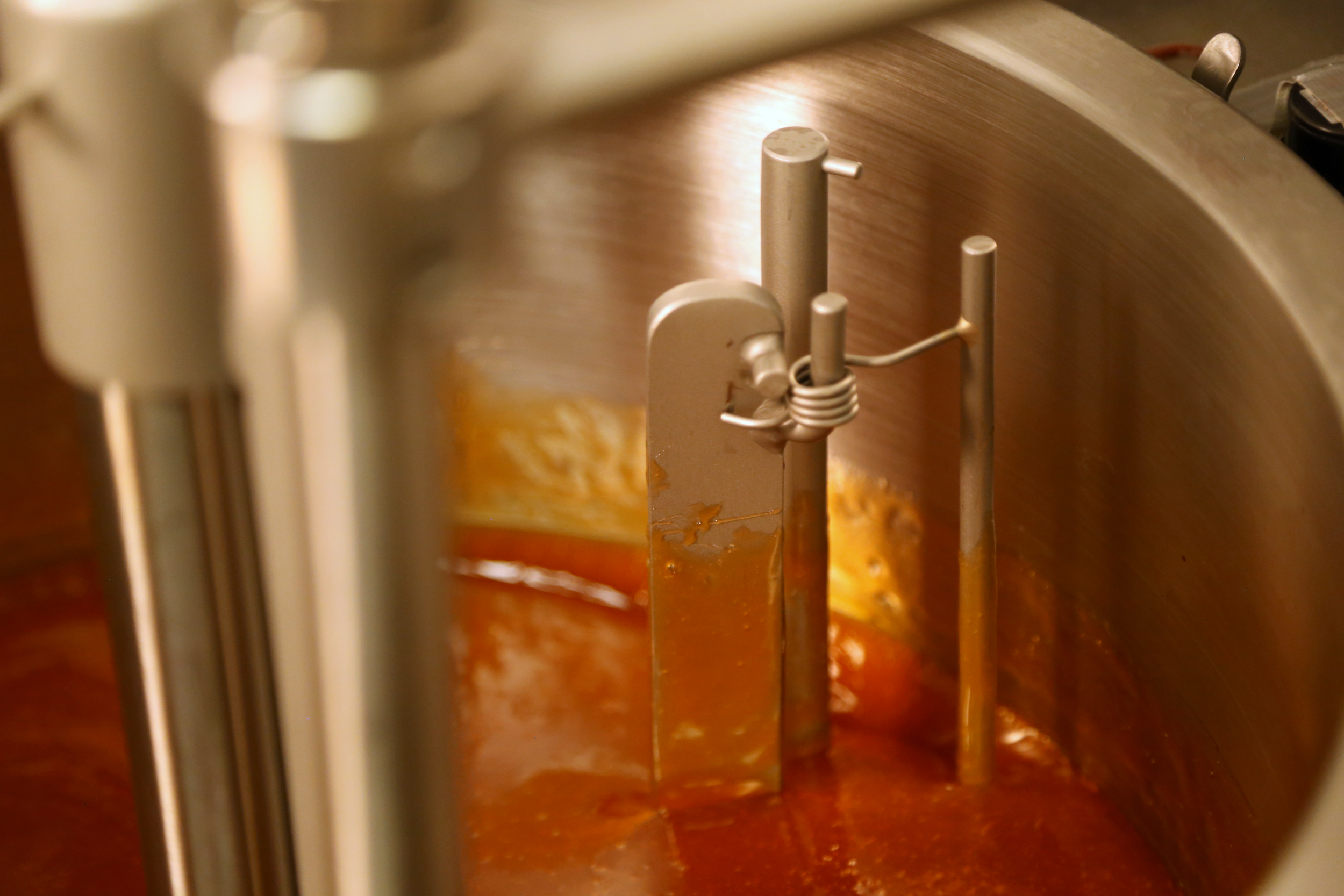
Ever experience an ache or pain that seems to come out of nowhere?
When Ally woke up with a sudden pain in her knee, she wasn’t sure what it was. Her first instinct was to blame it on ageing. She was almost 30 and figured a few discomforts here and there were probably normal.
After the mysterious pain entered her other knee, she thought this further soreness must be caused by stress. Her 10-week-old baby was keeping her up all night, and she wasn’t sleeping well.
As the pain increased and spread to her wrists, she began to sense that her sudden afflictions came from something other than a lack of sleep or getting older.
For two agonizing months, she would wake up almost every day with new joint pain. The mysterious pains spread to her jaw and neck until finally affecting every joint in her body.
Her joints were red, swollen, and hot. The pain got so bad that she needed a cane to walk and couldn’t stand up without help.
Ally’s doctor diagnosed the new mother with psoriatic arthritis (PSA), an incurable and debilitating disease triggered by the stress of giving birth.
Ally’s transition into a life with chronic disease had begun.
Controlling her daily pain was one of her first challenges. She adopted a pain management strategy called the “spoon method” to help her with it. It’s a way for people with chronic pain to manage their daily tasks without overexerting themselves. By dividing daily tasks into “spoons,” a person can track and limit how much they exert themselves.
Beyond limiting what she did in a day, Ally also began taking arthritis medications and opioids.
While the arthritis medications did help with the inflammation, she still needed opioids for the pain. And although the opioids worked, they had some adverse side effects.
They made her lazy and she didn’t want to do anything extra in the day.
“I’d get the bare minimum done,” she says. “House chores, that’s it.”
While she was able to survive through her daily routine, she wasn’t thriving. The spoon method was a big help, but her quality of life wasn’t great. She needed an alternative to opioids.
As an intensive care nurse, Ally had heard of using cannabis for pain management. But for her, there was a huge stigma attached to cannabis use.
She believed that the opioids she took were more “mainstream” and that people wouldn’t judge her for taking them in the same way as they would for taking cannabis.
“The idea people had even three years ago about [cannabis] made me leery to try it,” she says.
Even her family doctor had a hard time convincing her to try it and it took five years of persuading before she decided to do some research of her own.
“I thought long and hard about it,” she says. “And finally, I decided to just give it a try.”
A joint was her first experience with cannabis and it soon became apparent that smoking wasn’t going to work for her. She didn’t enjoy smoking and found it difficult to control her high. Despite this, cannabis did help with her pain, and that one positive result piqued her curiosity.
After some more research, she soon discovered another way to take cannabis—edibles.
She began with pure CBD, but found without a little THC in the mix, she wasn’t able to get the results she wanted. It took a bit of tinkering with strains and CBD mixtures before she found the combination that worked for her.

At night before bed, she takes a CBD/THC mixture. It helps her sleep through any pain she might be experiencing. If she wakes up in pain, she’ll also take edibles to get through the day.
Cannabis has reshaped how Ally approaches her pain management and besides the arthritis medication she uses for inflammation, she rarely needs to take anything but cannabis.
“Cannabis doesn’t take [the pain] totally away,” she says. “But it takes it down to about 10% of what it was without [cannabis].”
With cannabis, Ally has more spoons every day, and that means everything to her. The spoons represent quality time with her children and a way to balance her busy life.
“It’s been like a miracle for me,” she says.
Ally’s typical day is looking after her kids and the home. During the summer, she likes to get outside and go river kayaking. And in the winter, she snowshoes.

She cherishes an active lifestyle and looks back to the days before cannabis with lament.
There were times when she was too groggy to get off the couch and she knew she wasn’t doing everything she needed to be a good mother. “Now I feel like I can,” she says. “I’m basically normal enough to do the things I want.”
When taking cannabis, she doesn’t use enough to experience a high feeling. She takes just enough to take away the pain and that allows her to function normally.
If she misses a dose or runs out of supply, the familiar nerve pain lurks back into her life. At that point, she’s reminded just how much cannabis is helping her.
Even though Ally feels better, she hasn’t been back to work as a nurse since before the birth of her first child. Partly because she already has a full-time job being a mom and also because she’s not sure she could work in the field.
Nursing can be stressful, and stress makes Ally’s arthritis worse. But it’s not just the stress that’s keeping her away.
“I’m not sure what the union would think with cannabis use at work,” she says. “Some of the laws haven’t caught up to [cannabis use.]”
While it’s true she can’t live exactly as she did before 29, cannabis has still profoundly impacted her life. So much so that Ally encourages anyone she knows to test it for themselves.
“I’ve got friends who take CBD for anxiety or ADHD,” she says. “I’ve even got my mother taking some for sleep.”
Part of what she tells people is that cannabis isn’t just about pain relief. It’s a huge mental comfort too. “It’s easier on your head to know you have something that will help,” she says.
Because the therapeutic benefits of cannabis were such an eye-opener for her, Ally isn’t concerned about what people think about her using it anymore. She finds the negativity attached to cannabis more than unwarranted. “I wish the stigma would just disappear,” she says.
With cannabis, Ally can finally lead a normal life. It took some time for her to find her way into cannabis use and she urges others who are hesitant not to wait. She hopes that her story will inspire those who are on the fence about cannabis to try it.
“Just really try it,” she says. “Until you try it you don’t know.”
Did you like this article?
Sign up for our newsletter to make sure you're in the know about all of our new product releases, contests and more.





